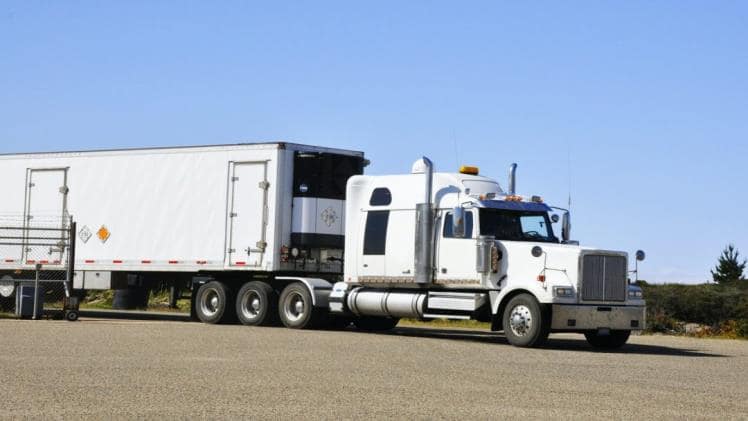Determining fault and assigning liabilities can be very challenging in a truck collision. Depending on the conditions that contributed to the crash, other parties may also be liable for your injuries, even if the truck driver was to blame. Below is a detailed discussion.
The truck driver
You may seek restitution for your injuries and economic losses if the truck driver’s carelessness or negligence led to or contributed to the collision. The following are the most typical ways a truck driver’s negligence can result in an accident:
- Distracted driving.
- Fatigued driving.
- Driving while impaired.
- Careless driving.
The truck company
Depending on the specifics, the trucking business may be considered directly or indirectly responsible for the accident.
Directly liable
The following situations make it possible to directly hold the transportation business accountable for the accident.
- If it employed a driver who was not qualified due to a lack of a sufficient screening and evaluation procedure.
- If it employed a driver with a record of reckless driving, drug use, or alcohol abuse.
- If the driver wasn’t given the appropriate instruction.
- If an appropriate program for drug and alcohol testing wasn’t in place.
- If it did not follow federal regulations and enforce reasonable safety standards.
- If it pushed the driver to disobey federal laws and regulations and put undue pressure on the driver to fulfill deadlines.
Vicarious liability
The law of respondeat superior allows the trucking business to be held accountable for the accident even if the driver’s negligence or recklessness was the primary factor in its cause.
Trucking companies in Michigan frequently assert the following defenses to avoid liability.
- Independent Contractor Protection: The trucking firm can argue that the accident-causing driver is just an independent contractor and not directly employed by them. However, the driver’s status as an independent contractor alone cannot protect the business from a tort action fame fountain.
- The frolic and detour defense: They can contend that when the driver caused the collision, they were acting independently and not in the course of their employment. This argument is only valid if the accused driver uses their truck for personal activity, such as taking their kids to the park. If not, the business may be held responsible for the driver’s behavior.
The cargo loading company
Semi-trucks move tens of thousands of pounds of merchandise across the nation every day. A catastrophic catastrophe could happen if there is a lapse in loading and securing the cargo, leading to the container shifting or coming loose during transportation. Among the most frequent factors in truck accidents involving cargo are:
- Cramming the vehicle with too much cargo
- Putting the materials in a tall stack
- Filing to employ the proper securement tools
- Utilizing insufficient securement devices
- Uneven method of material loading
- Securing the cargo with outdated or malfunctioning equipment yoho hindi.
Truck parts manufacturer
The manufacturer of the truck components may be held accountable if the truck accident resulted from improper component design or manufacturing.
Conclusion
Liability makes truck accident claims particularly challenging. Click here for more on what to do when involved in a truck accident.

